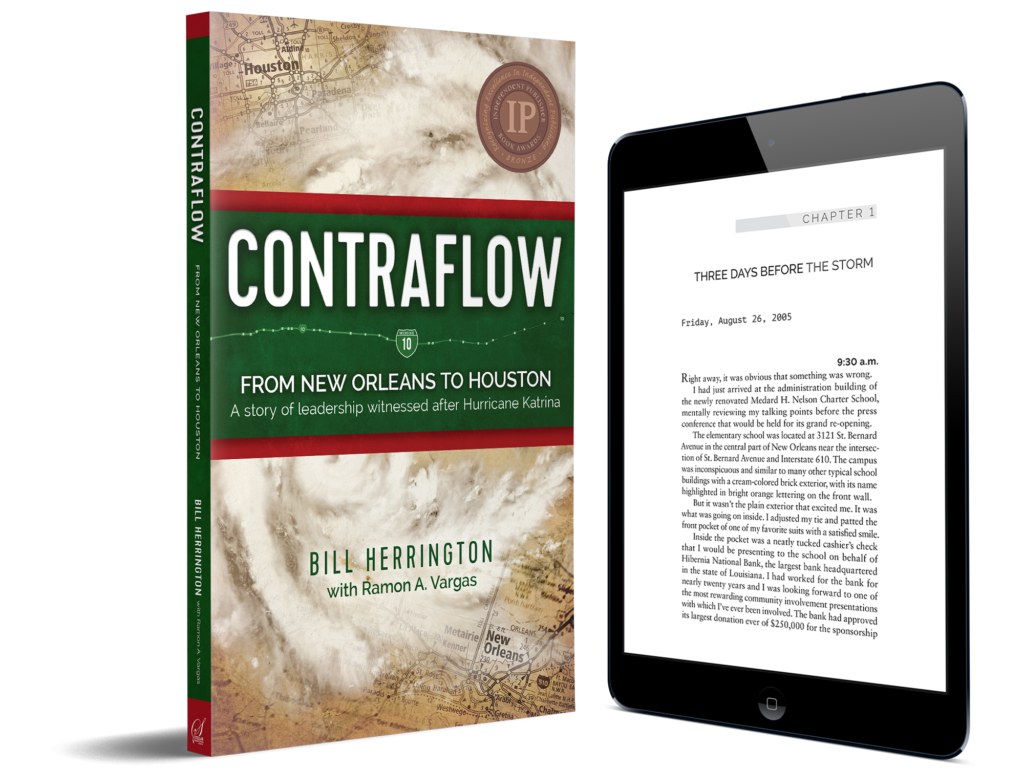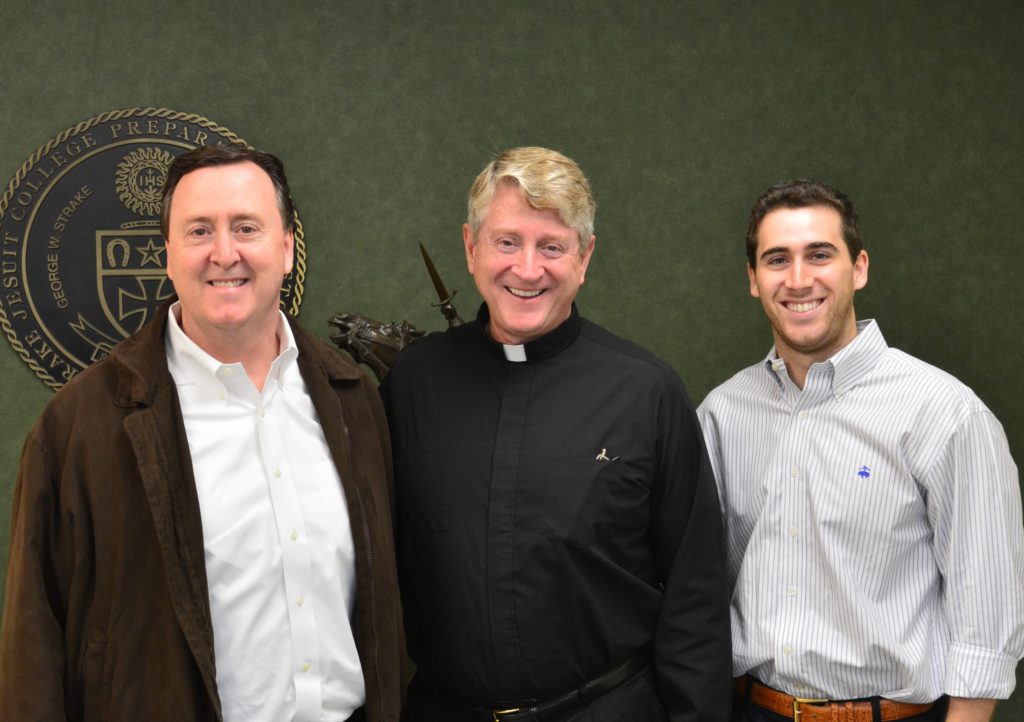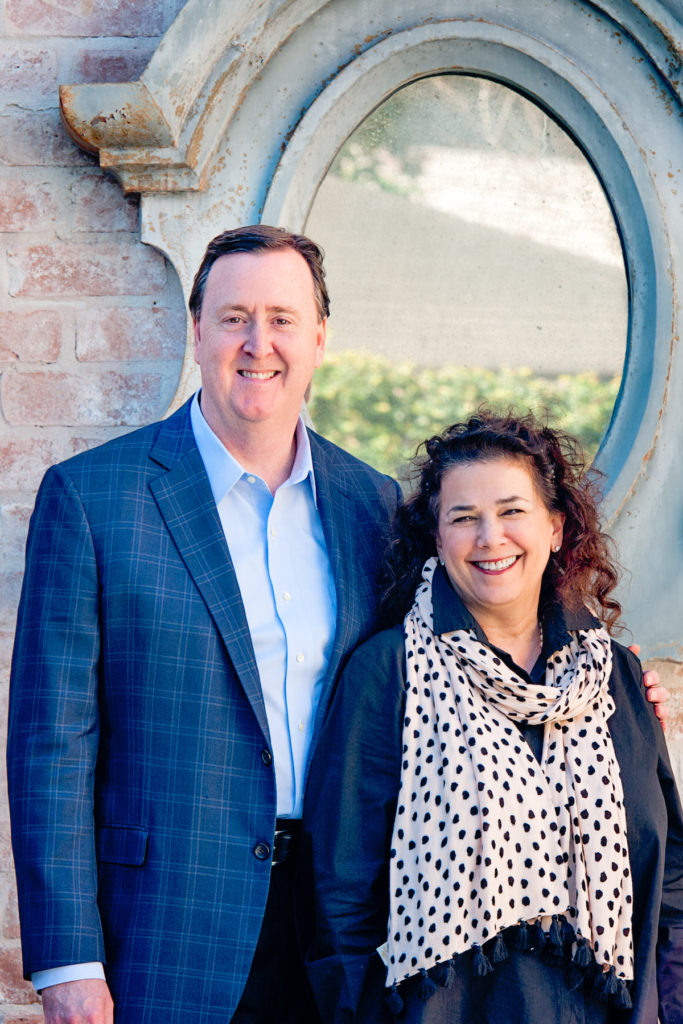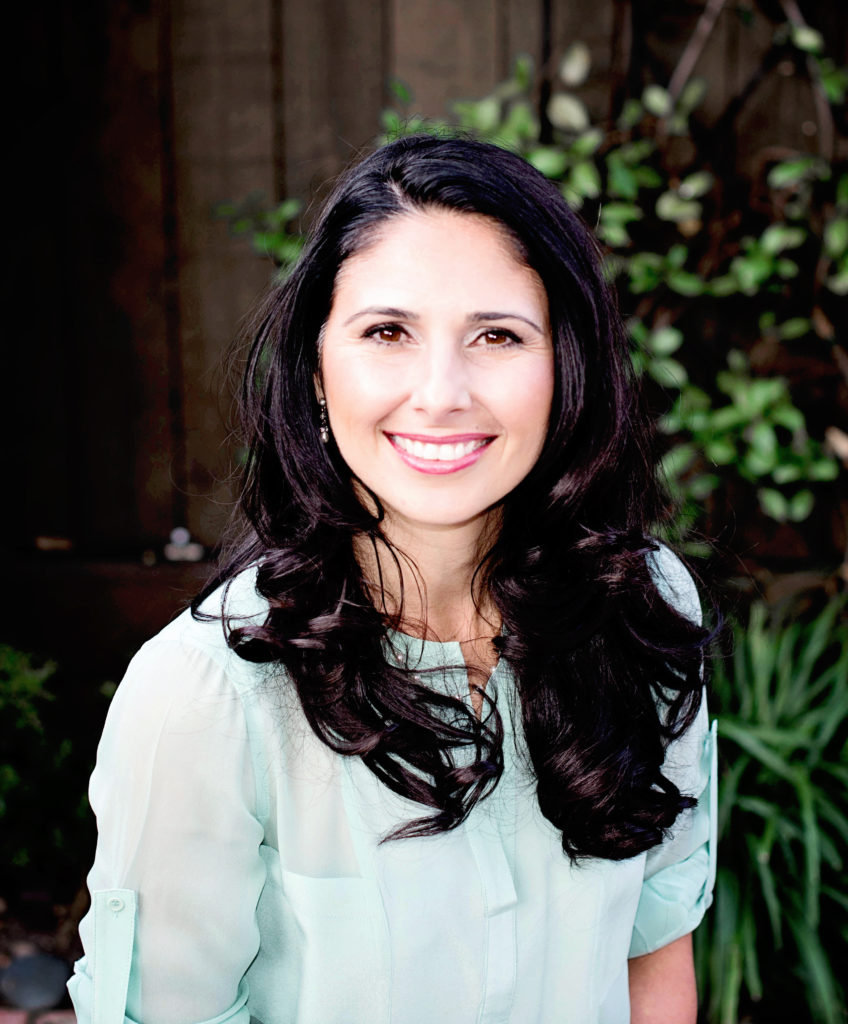Eleven years ago today, Bill Herrington’s world turned upside down. That was the day that Hurricane Katrina, one of the most catastrophic storms in U.S. history, whirled into New Orleans, Louisiana. The tropical storm breached the protective levee system that surrounded the city, flooding 80% of the city and killing about 1,400 people.
In his new release, Contraflow, corporate banker and first-time author Bill Herrington tells about the lives, businesses, and entire cities that were temporarily reversed and permanently altered by the storm – and of the unforgettable humanitarian response that emerged in Houston, Texas. The book is packed with 70 photos and several endorsements from former mayors, senators, and other leaders who have rallied around his story. It is the winner of the 2017 IPPY Bronze for Best Regional Nonfiction (South U.S.).

On this 11th anniversary of Hurricane Katrina, Bill tells us why and how he wrote the book.
Q: Bill, several books have been written about Hurricane Katrina. Why did you want to tell your particular story?
Yes, there are worthy books out there about Hurricane Katrina. But I knew that I had witnessed extraordinary leadership on a scale that most people will never see. I couldn’t get it out of my head – I kept mentioning to others that a book should be written about it. As I thought about my unique experience, I realized that I wanted to write the book myself.
Mostly, I felt strongly about paying tribute to people in both Louisiana and Texas who went far beyond any reasonable expectation of helping total strangers in need, people like Father Dan Lahart of Strake Jesuit and former mayor Bill White in Houston. I don’t want their efforts to be forgotten.

Herrington (left) with Lahart (middle) and Herrington’s son (right)
In the Preface of the book, I go into more detail about the other reasons I wrote the book. One was telling about the impact of the storm on the entire community. Rich, poor, young, old, all skin colors, ethnicities, and religions – every economic and social sector of the community were all suddenly thrust into a new, non-exclusive class of people who were vulnerable in ways we had never even imagined.
Another reason was to recognize the social and educational institutions that served as temporary pillars in our life. I now realize the importance of educational resources in times of crisis, especially for disadvantaged youth.
In a way, I almost felt a sense of obligation to write the book.
Q: Our graphic designer, Jamie, collaborated with you to produce a beautiful cover. Tell us about the significance of your design.
I chose the title because readers who are familiar with the term “contraflow” will understand that it’s about a hurricane, and readers who are unfamiliar may be curious enough to find out more. I also included the map of New Orleans and Houston with Interstate 10 to immediately convey the important connections between the two cities.
Q: Your book touches on historical, social, and economic dynamics of New Orleans and Houston, but you also tell about the personal experiences of your family. Some of them are meaningful and intimate, like the first glance of your flooded home. And some are quite amusing, like the morning your wife insisted on driving back to New Orleans with you despite your protests. How does she and your family feel about the book?
I’m glad to hear that you think parts of it were amusing. Frances and our children are happy that I recorded these events for history and for our family. We’re also relieved that it’s finished! Frances and I are very private people, and the book exposes us in ways that make us uncomfortable. But I wanted the reader to make a personal connection to our family and other real people who endured the storm so that the significance of the leadership witnessed was obvious and memorable. So even though the storm was such a catastrophic event, the book isn’t only about tragic loss. I tell the uplifting stories, the absurd circumstances, and yes, even the humorous events that occurred.

Herrington with his wife, Frances
Q: How did you determine what to include and what not to include in the book?
When I started, I actually did not intend to write a complete book. I only wanted to record, as precisely as possible, certain key events. So, in terms of what I included, I initially only wanted to record several events for my family so that I wouldn’t forget them later in my life. But in writing the story, I realized that the only way I could convey the importance of these key events was to provide the history, timeline and context leading up to them. So, the book is a collection of significant pre- and post-storm stories and the context around them that makes the sections relevant.
In terms of what I didn’t include, a number of tales did not make it into the final version because they were either too sad, or too controversial, or even risqué. In fact, Frances and I had a couple of disagreements in that regard. In the end, though, I think we came to the right conclusions about the content.
Q: One of the most compelling parts for us was the “Lost Children of Katrina.” The difficult experiences of these children really impacted us. Why was it important for you to tell about them?
It’s hard to convey just how difficult this period was for families impacted by the storm. As I explain in the book, even families with resources, like mine, experienced extreme difficulties. To this day, I’m still haunted by the memories and stories of other families who were not as fortunate as we were, especially in terms of avoiding a disruption in their children’s education. For this reason, Frances and I intend to dedicate more of our time, money and energy toward this cause, including any proceeds that may be generated from this book.
Q: How do you hope to make an impact with the book?
I’d like Houstonians to have a sense of pride in what they accomplished . . . not a sense of regret that they got involved with helping after Katrina, which I sometimes hear. And I’d be very happy if I generate some goodwill for some of the institutions that helped New Orleanians in their hour of need. I included a list of them on the last page of the book if readers want to contribute in some way.
Q: As a first-time author, what would you say has been the most surprising part of the writing and publishing process?
I had suppressed many painful memories from the storm. I learned that writing can be a very therapeutic exercise, however difficult it may be. I also learned that writing a book is a challenging undertaking, and I now have a much greater respect for authors.
Q: What advice do you have for someone who is thinking about writing a book?
If you have a passion for a particular topic, pick up your pen and start writing. You will likely get discouraged along the way and maybe put down your pen for a while. But if you are thoughtful and patient, the end result is very satisfying. Of course, a good editor is a critical piece as well!
Bill, we appreciate your hard work in paying tribute to some amazing leaders and institutions.
To find out more about Bill and his book, please check out the following:
Check out the book announcement
View photos from the book signing
 Ella Ritchie is the founder/owner of Stellar Communications Houston, a book publishing team that serves nonfiction authors, business leaders, nonprofit organizations, families, and federal government agencies. Connect with her on LinkedIn or Facebook, or check out the website for more information.
Ella Ritchie is the founder/owner of Stellar Communications Houston, a book publishing team that serves nonfiction authors, business leaders, nonprofit organizations, families, and federal government agencies. Connect with her on LinkedIn or Facebook, or check out the website for more information.
